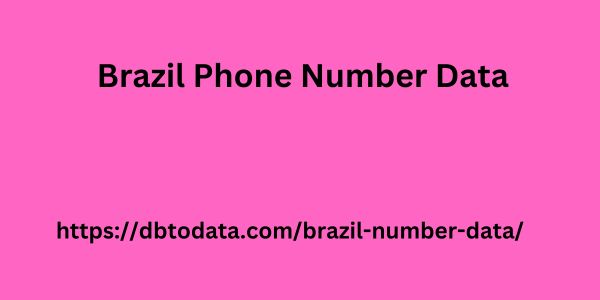|
|
Passing an examination board or having your work peer-reviewed is an important stage in scientific publication. Firstly, it is at this stage that the sharing of knowledge between scientists enhances scientific research in our country. After all, we produce and learn much more when we team up with those who are already in the field, right? Furthermore, the benefits of scientific dissemination are: Validation, recognition and even peer reviews of work; With the work known, the researcher gains more citations and credibility in the area; Thus, research increases in quality, impacting the entire scientific community. For these reasons, scientific dissemination must be prioritized even during research. But if you don't know where to start, we've made a list of tips to help you! 4 tips to improve your scientific dissemination. 1. Explore University portals To begin with, you probably already know about this alternative. For many researchers, it is common for their work to automatically be published on the portals of the educational institutions to which they are linked.
This happens because most universities understand the importance of scientific dissemination and have repositories where they publish the results of their research, such as TCCs, Theses and Dissertations. But these portals are not always accessible. According to a survey by the State University of Londrina (UEL), in Paraná, many do not have scientific dissemination as a priority, facing access difficulties, delays in publishing works Brazil Phone Number Data and are also not listed in Google search, being accessible only for those who already know the researcher and are there to look for a specific job. So write down what you need to check if your work is only available in the repository of an educational institution: Are they easy to find? Is it possible to see your access metrics? Do they have identifiers such as DOI, ISSN or ISBN ? Still don't understand the importance of these points? Follow the text and we will explain why! 2. Have identifiers Firstly, identifiers are responsible for differentiating works internationally and guaranteeing their authenticity, in addition to facilitating access to scientific productions.

For example, the DOI (Digital Object Identifier) individualizes publications available on the internet into a single link, making it permanent on the web, making plagiarism difficult and guaranteeing authority in the face of a flood of online information. Furthermore, it is possible to check access metrics from the DOI link, having information such as how many times your work was viewed. In other words, it is extremely important for those looking for credit! In fact, the Lattes Platform already uses it to identify the number of times a work has been referenced by other authors. To issue a DOI for a publication, you must seek out an authorized agency, such as Crossref , or contact companies that work together with these agencies, such as Even3 Publicações. I want to obtain the DOI for a publication In addition to the DOI, there are other identifiers for publications, such as the ISBN, which separates books and annals, and the ISSN, which separates serial publications.
|
|